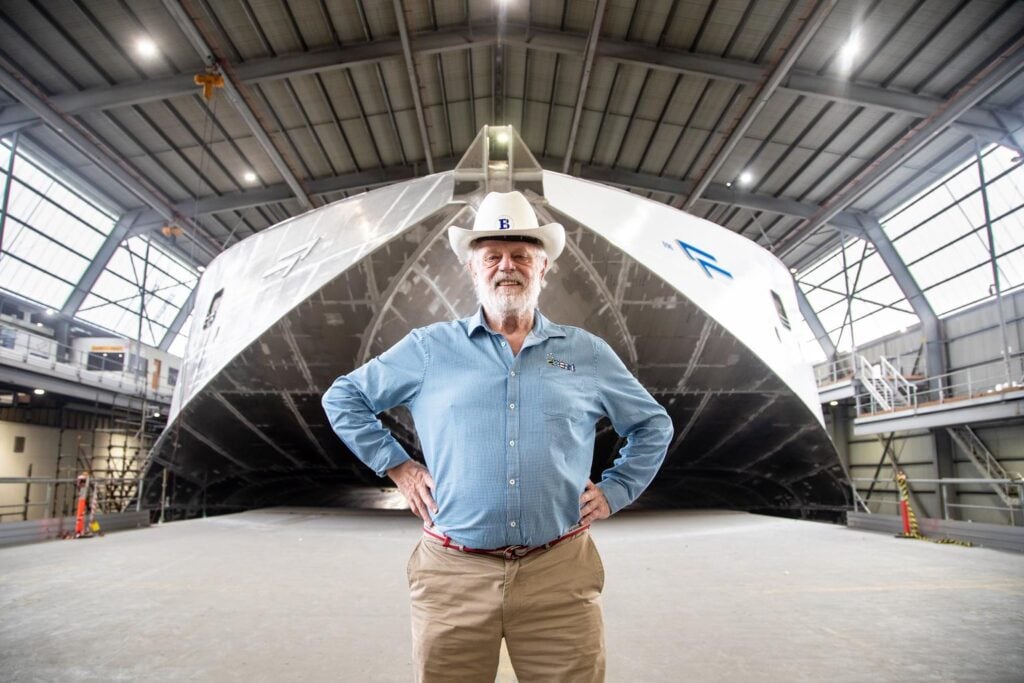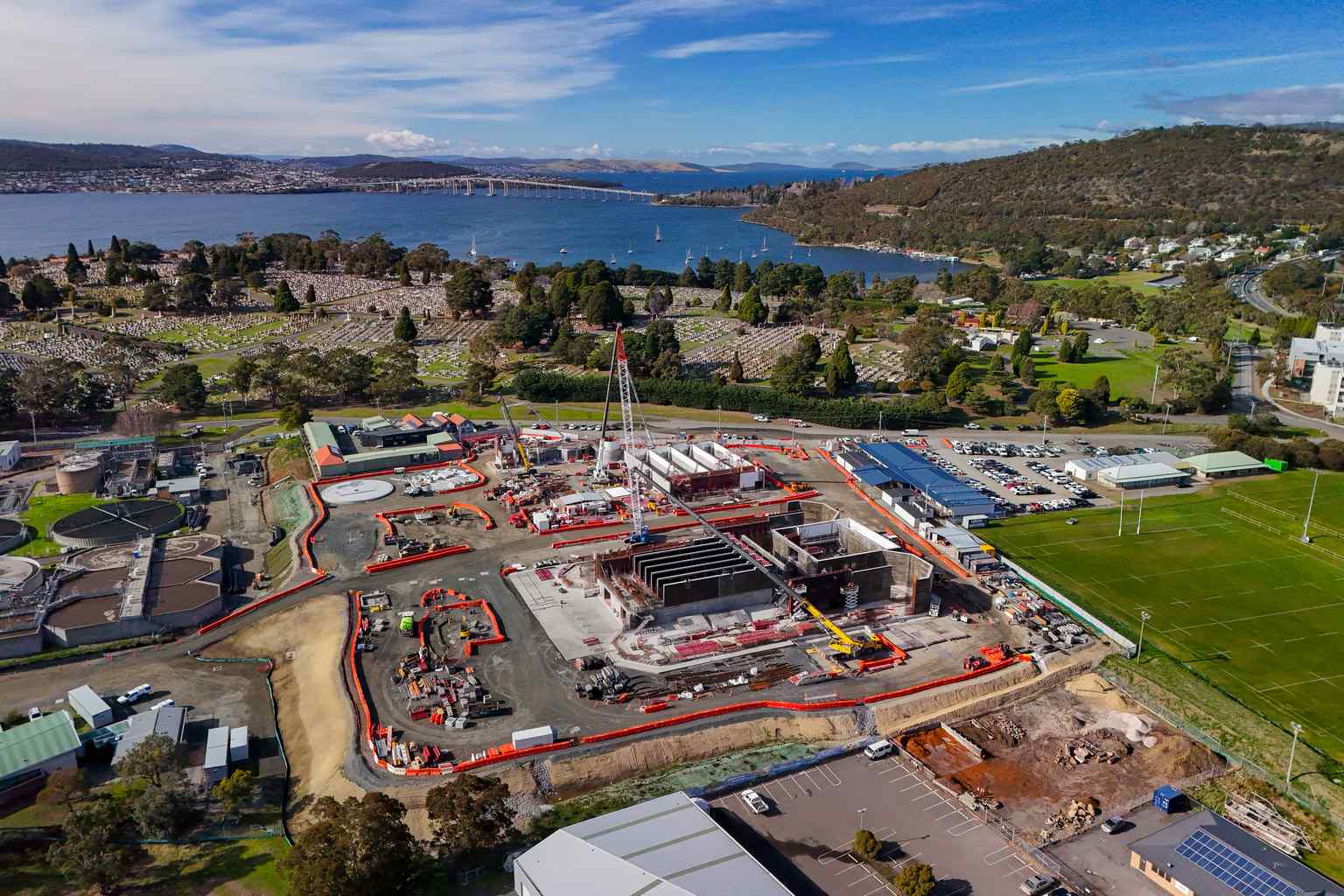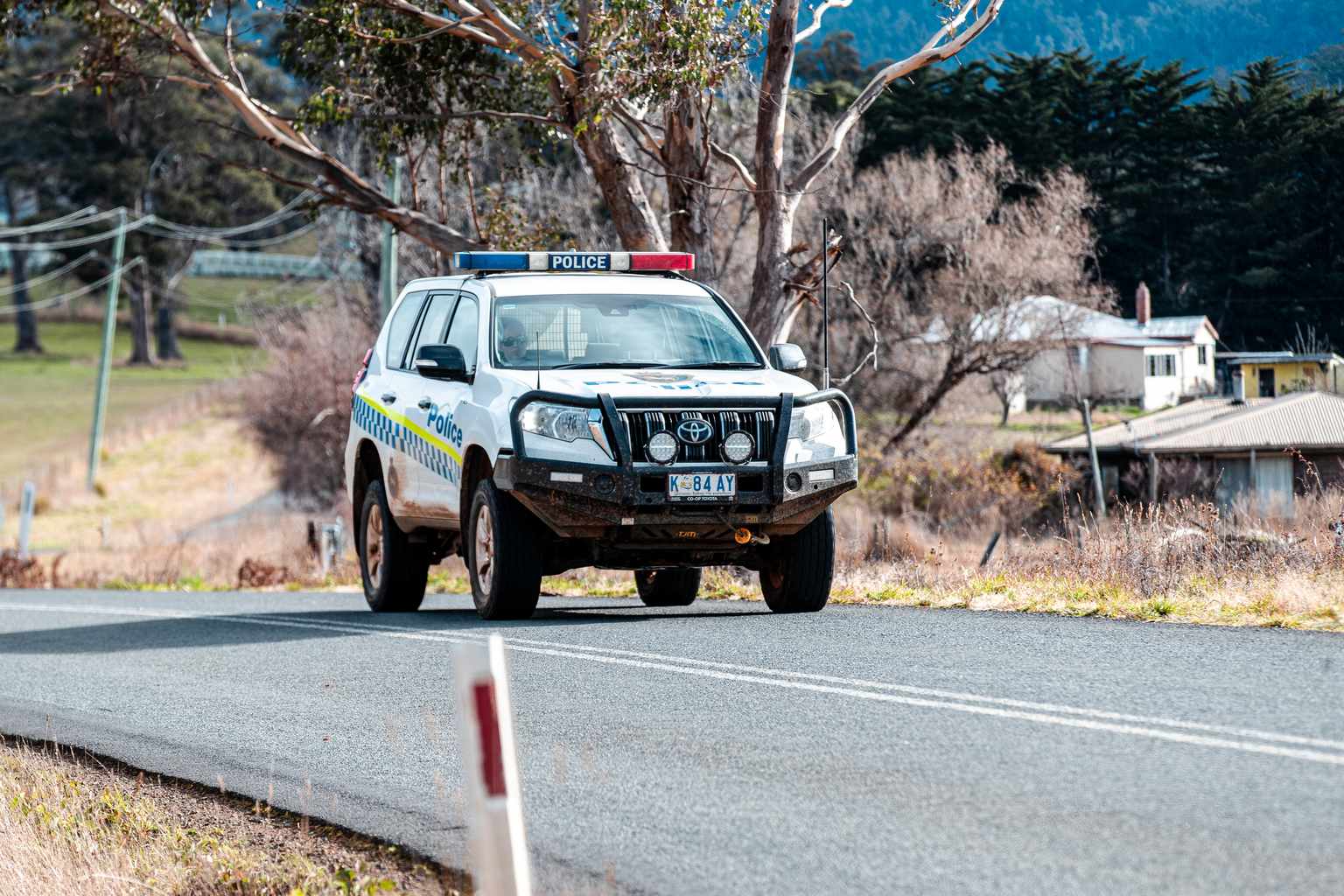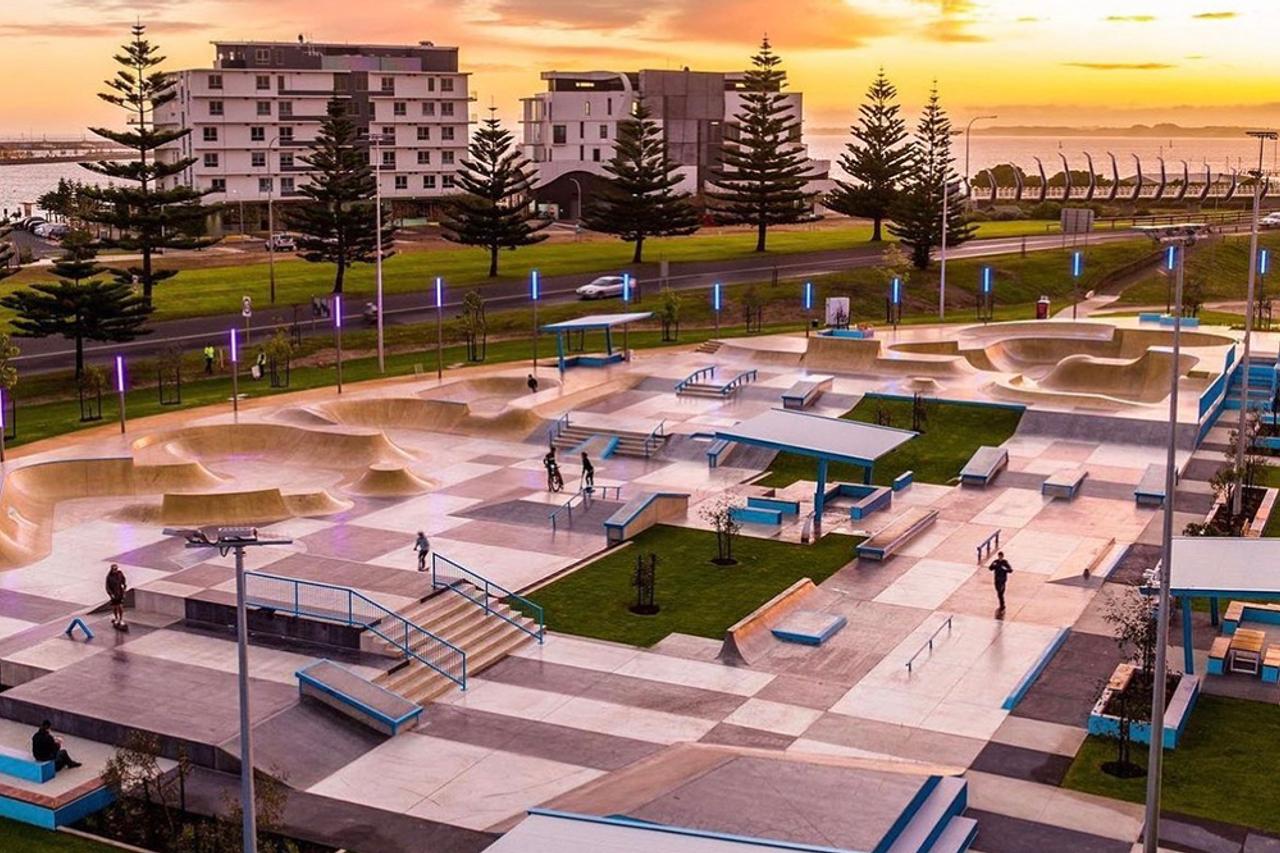Tasmanian shipbuilder Incat has landed a “landmark contract” to build two massive electric ferries for Denmark, a project the company says marks a turning point for the global maritime industry.
The 129-metre vessels will be powered by 45,000 kWh battery systems and will run on one of Europe’s busiest ferry routes between Jutland and Zealand.
Danish operator Molslinjen is expected to receive the first ferry in late 2027. Each ship will carry up to 1,483 passengers and 500 cars, cruising at speeds over 40 knots.
“These new vessels for Molslinjen mark a turning point not just for Incat but for the global maritime industry,” Incat Chairman Robert Clifford said.
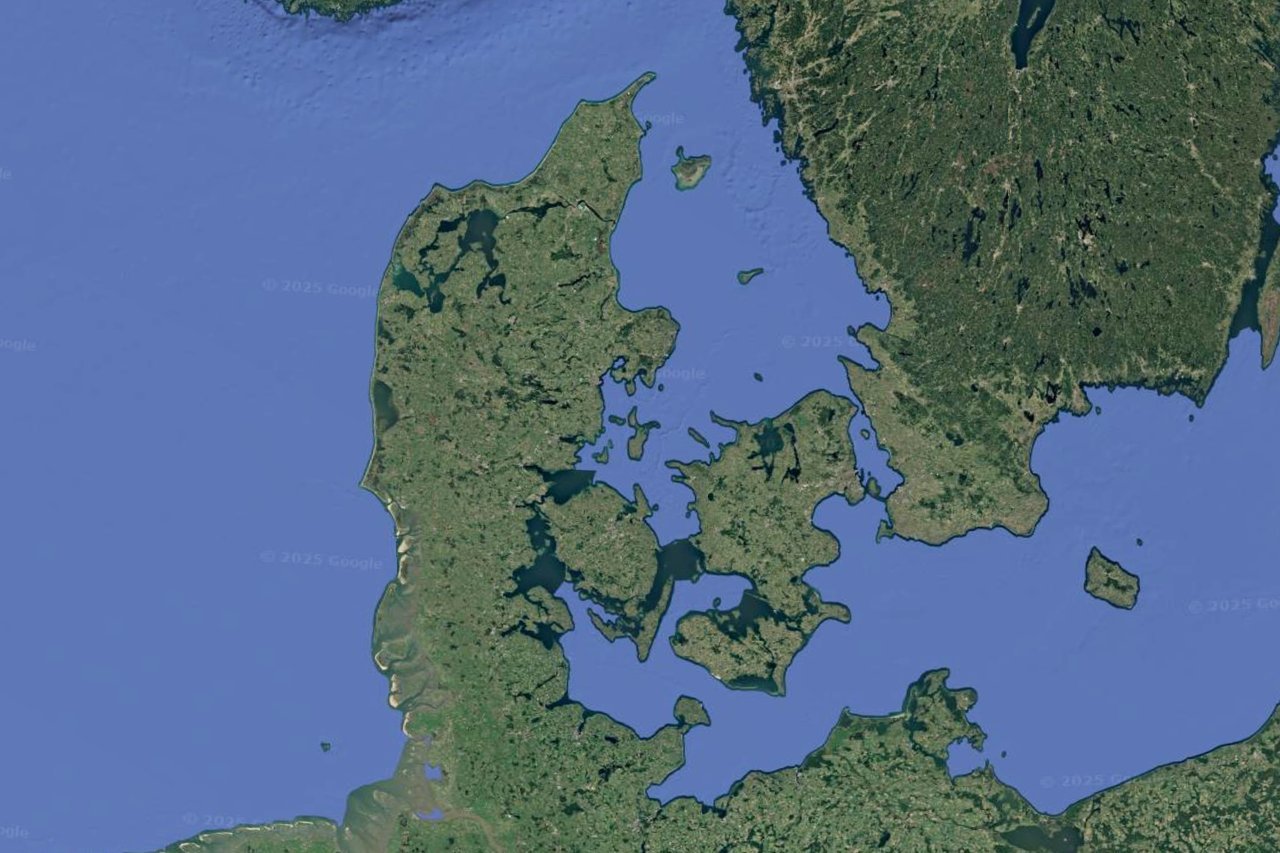
“They are part of a new class of high-speed, low-emission ships that are redefining what’s possible at sea.”
The contract arrives as Incat ramps up plans to double its workforce and production capacity at its Prince of Wales Bay shipyard over the next three years.
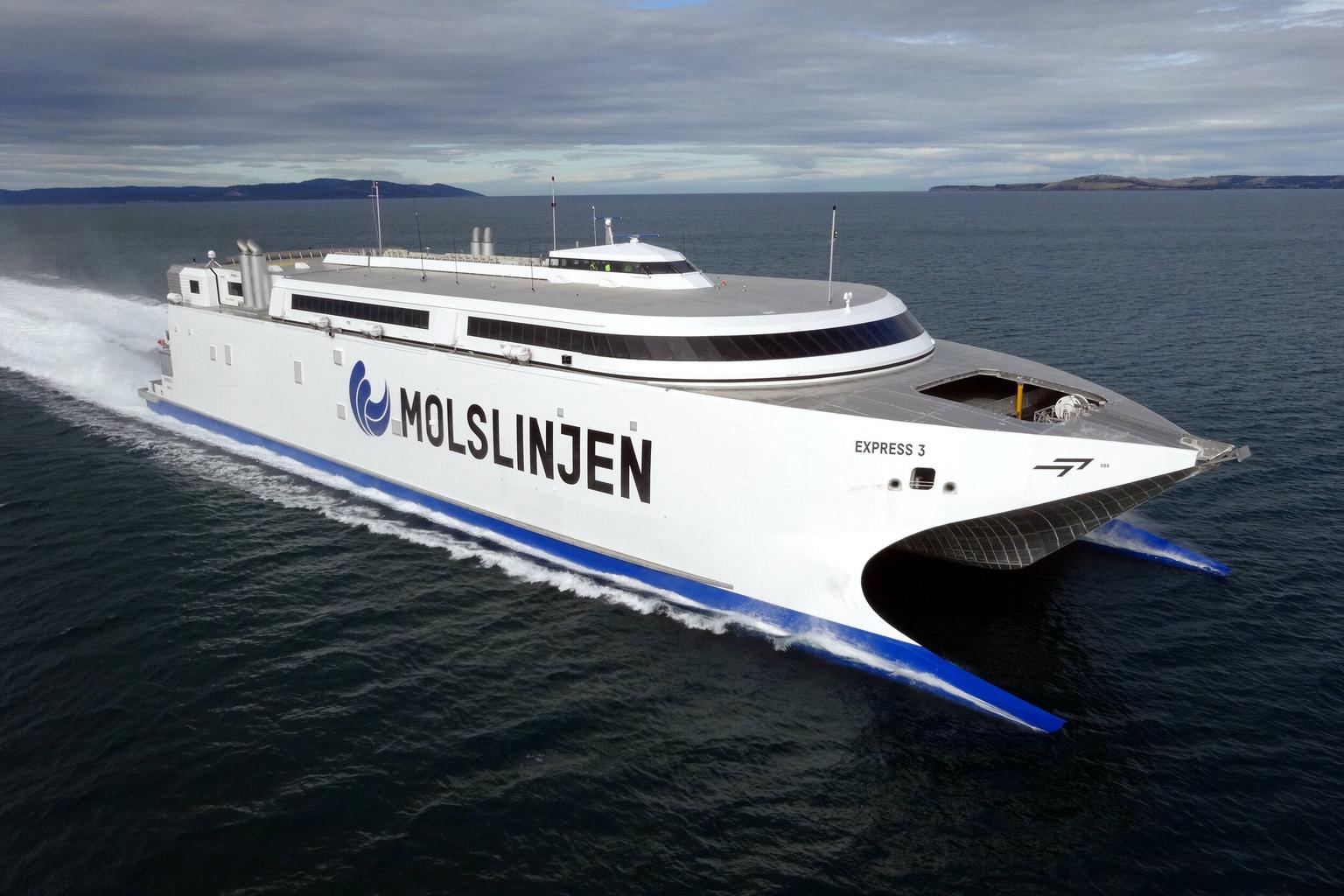
Construction on the Danish ferries will begin in the coming months.
Once operational, each ship is expected to cut thousands of tonnes of CO2 emissions annually on the busy Kattegat route.
“Incat has a long and trusted relationship with Denmark through our work with Molslinjen and I’m particularly proud to see this next chapter unfold,” Clifford said.
“These vessels will connect communities across the Kattegat with high-speed, clean energy technology and they’ll be built right here in Tasmania.”
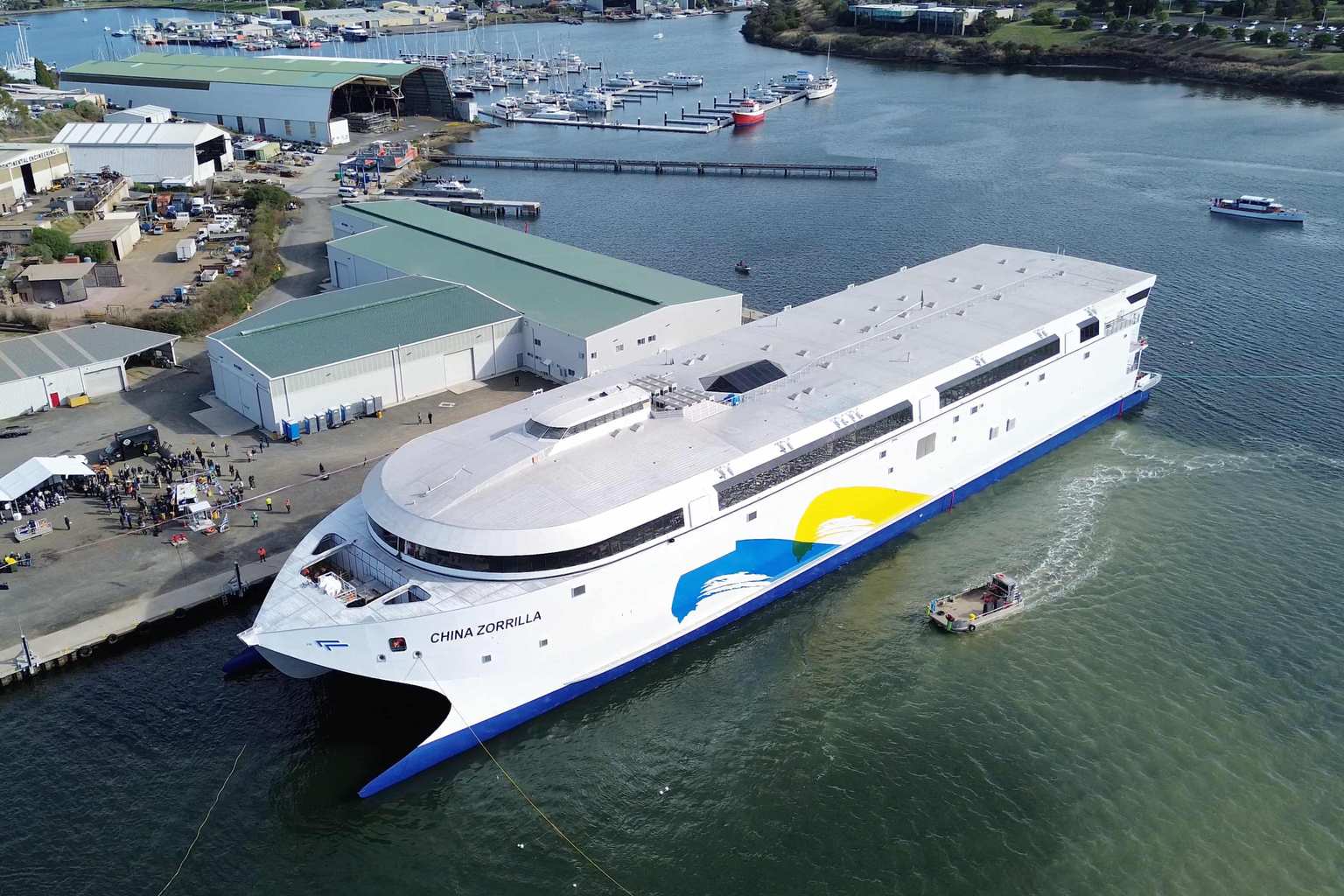
Incat has already carved out a strong reputation in sustainable shipping, having built the world’s largest battery-electric vessel and a 78-metre hybrid ferry.
The planned expansion of its Hobart facility will allow the company to deliver more large ships each year, putting it in a prime position to meet rising global demand for cleaner ferry transport.
“As global demand for sustainable ferries accelerates, our expanded facilities will ensure we’re ready to lead the way in both innovation and volume,” Clifford said.
Early-stage construction on the Danish ferries will begin in the coming months.

